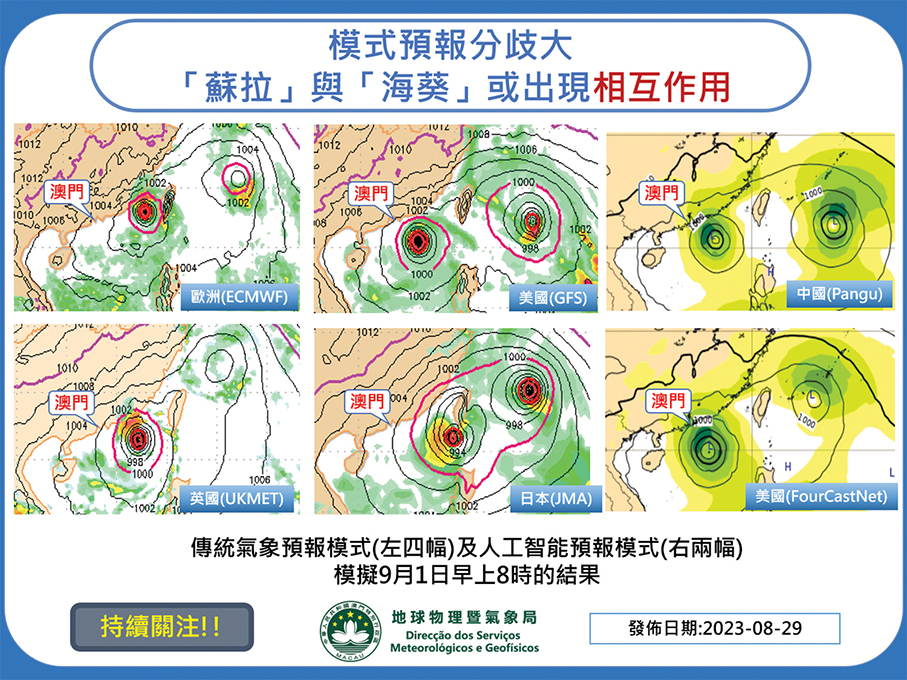Commentary by Guo Yage
BEIJING – The global fight against the COVID-19 pandemic has entered another critical stage amid record-breaking daily cases in India and mounting variant risks across the world.
While the international community is wrestling with the deadly pathogen, a rampant spread of fake news and disinformation related to the virus and vaccination is severely undermining the world’s collective struggle and risks postponing a final victory.
Fighting the “infodemic” is a must for survival against this unprecedented health crisis. Countries worldwide must join hands to put out the maelstrom of rumors as soon as possible.
Social media platforms have a crucial role to play in stemming misinformation. Content, as The Harvard Gazette staff writer Christina Pazzanese once commented, is much easier to spread with the growing “popularity and ubiquity” of social media platforms. This spells bad news for the spread of false information.
Therefore, platforms should set up effective systems to identify and filter out fake news as well as other kinds of unsubstantiated information.
The mainstream media, particularly some in the United States, should also do its part by shedding deeply-entrenched prejudices and simply stick to reporting the truth.
Over the past year or so, such media outlets as The New York Times and Fox News have been knowingly disseminating misinformation about the novel coronavirus and vaccination against COVID-19, and even fabricating lies and manipulating public opinion out of ideological prejudice or self-interest.
Dire results
The results are dire – the global fight against the virus has been made tougher amid a highly-politicized pandemic and those ensnared by distrust and anger. Media outlets must abide by journalism’s professional code of ethics and present only the facts.
To win the global pandemic fight, governments also have an inescapable role to play. They need to offer timely and science-based information and professional advice about COVID-19 and vaccination to the general public, and respond to public concerns as fast as possible.
Governments must also strengthen efforts to crack down on falsehoods, instead of feeding them.
Immunity against rumors
Furthermore, countries around the world should step up information sharing in order to boost immunity against rumors, falsehoods and extreme opinions.
China has been releasing timely information like the genome sequence of the virus. It continues to provide medical assistance to nations in need while sharing its own experience with combatting the virus early on. China has been steadfast in working with others in such critical areas as the tracing of COVID-19’s origins.
“The global challenges we have faced during the COVID-19 pandemic underline the critical role of reliable, verified and universally accessible information in saving lives and building strong, resilient societies,” UN Secretary-General António Guterres said in a video message published yesterday online, calling on the international community to make information “a life-saving public good for all.”
The UN chief is right. So long as a poisonous “infodemic” continues to rear its ugly head, triumph over the pandemic won’t come easy. – Xinhua
* Minor edits and subheadings by The Macau Post Daily









